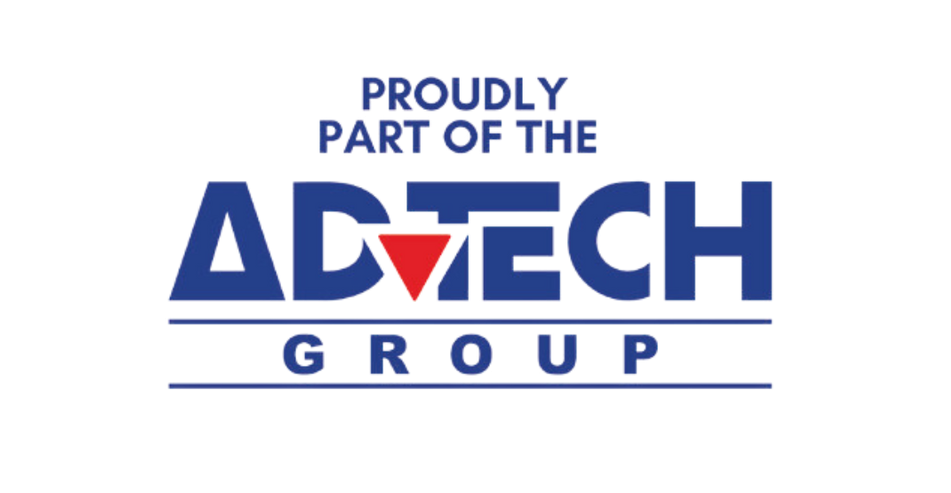The Importance of Extracurricular Activities at Makini School
Extracurricular activities are essential to the holistic learning journey of every child. From sports and music to debate clubs, volunteer work and creative arts, these activities offer learners the opportunity to develop skills that go beyond the classroom. At Makini School, we understand the incredible value and importance of extracurricular activities in nurturing learners’ personal and academic growth.
Extracurricular Activities Broaden Horizons Beyond Academics
Extracurricular activities extend learning beyond the traditional classroom setting. Getting involved in these activities develops essential life skills such as time management, problem-solving and interpersonal communication. Critical thinking and persuasive communication can be put into practice when learners join the debate club. Setting goals and learning to strategise under pressure is taught through sports. The role of extracurricular activities in personal development is vast.
Extracurricular Activities Can Enhance Academic Performance
Learners who get involved in structured activities after school, often perform better in the classroom. These learners tend to develop discipline and resilience. Research has revealed that learners who participate in extracurricular activities are also more likely to maintain higher GPAs, excel in standardised tests and are better behaved in the classroom. When learners do these extra activities, they create a healthy balance between schoolwork and play. This reduces stress and encourages a disciplined approach to their studies.
Extracurricular Activities Can Build Social and Emotional Skills
Extracurricular activities also play a critical role in social and emotional development. Social interaction is encouraged when learners engage in team sports. They build strong relationships with their peers and this helps to develop emotional intelligence. Good sportsmanship is an invaluable trait that is also learned through sports. These lessons will be used throughout school and well into their futures. Through activities like drama club, learners cultivate leadership skills, develop teamwork abilities and learn responsibility. All these qualities assist in personal growth and equip them with the skills to handle diverse social interactions and scenarios.
What impact do extracurricular activities have on college admissions?
The college or tertiary education landscape is a competitive one. Admissions officers view extracurricular activities as indicators of a student’s commitment, leadership and ability to handle multiple responsibilities. Learners who are involved in extracurricular activities stand out from the rest because colleges are on the lookout for well-rounded and motivated learners.
What are the mental and physical health benefits?
There are significant mental and physical health benefits of extracurricular activities in schools. Physical activities reduce stress, increase fitness, stamina and are great at enhancing a learner’s overall mental and physical health. Artistic activities like painting, music and dance provide an emotional outlet and encourages mental relaxation.
What extracurricular activities does Makini offer?
Makini School has a diverse range of extracurricular activities on offer. From sports and music to debate clubs, volunteer groups, societies, creative arts and more, there is something for every learner to get involved in. We believe that learning extends beyond the classroom walls. That’s why this extensive extracurricular progam has been developed and we encourage our learners to participate.
The importance of extracurricular activities cannot be underplayed. It is essential for a well-rounded and balanced education. They prepare learners for the future by nurturing confidence and teaching invaluable life skills. To see what Makini School has to offer, please don’t hesitate to contact us and set up a tour of the school. Simply click here.













